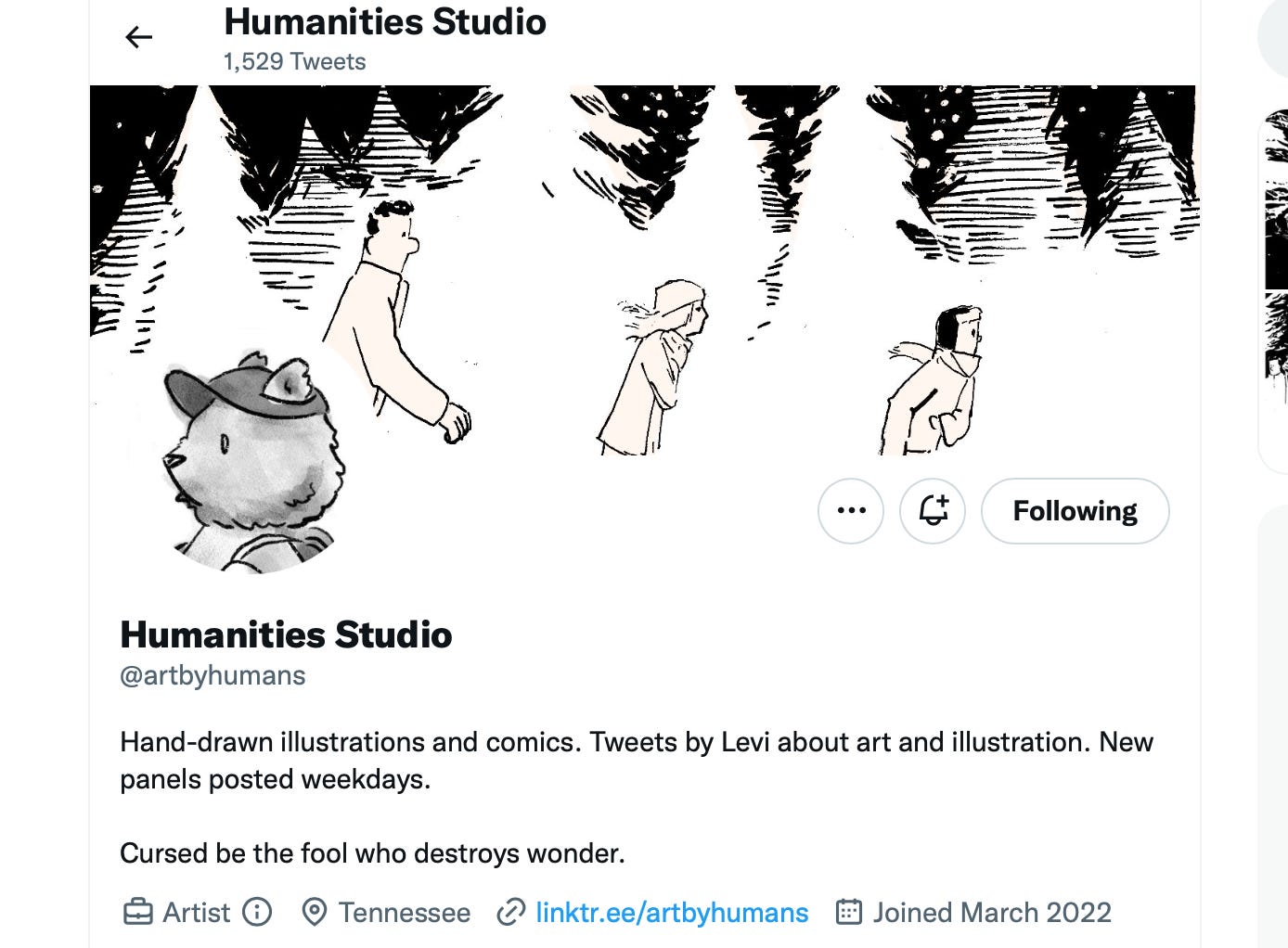Kelly Conlon, an associate at law firm Davis, Saperstein and Solomon, chaperoned her 9-year-old daughter and Girl Scout troop to The Rockettes for a holiday experience older than watching Die Hard or A Christmas Story on loop. The girls were admitted, but Conlon was detained by security and forced outside into the rain. She was on MSG Entertainment’s “no holiday cheer list” because the law firm where she works represents plaintiffs against the company, which owns both the Rockettes and Radio City Music Hall.
MSG is one of the same firms, by the way, that colludes exclusively with Ticketmaster and managed to deny thousands of Taylor Swift fans access to her comeback tour. MSG is incredibly powerful in entertainment and its expulsion of Conlon is something that everybody should care about. That MSG bars lawyers representing people who have filed lawsuits from attending events that the company puts on for the public is clearly problematic. The company wants lawyers to think twice about representing anybody with a claim against MSG, which is a clear attempt to deny people access to the best counsel, should their cases have merit. They want lawyers to weigh taking up a case with being barred from bringing family, friends and prospects to basketball, hockey, comedy, concerts, wrestling, boxing and more.
Beyond MSG’s motives here, which are crass and transparent, we have to consider the company’s methods. MSG picked Conlon from the crowd not by demanding her ID, but by using facial recognition technology, which it first deployed in 2018. They scraped Conlon’s headshot from her employer’s website and a computer dispatched thugs to keep her from sitting next to her daughter while the Rockettes kicked.
MSG defends its policy in the typically American way of being a private property owner and claiming that people it deems in conflict with the company are unwelcome. Ars Technica reports that one barred law firm sued MSG and won access for its employees. Their lawyers are, for now, free to enjoy MSG’s public accommodations, just like any other ticket buyer. MSG is, of course, appealing.
MSG’s argument is the same one that people use to support content moderation on social media — your first amendment rights as an American end at the physical and digital property lines of private places. But, when you take this “moderation” off of the internet, add big data collection, artificial intelligence, facial recognition and automated processes, things seem to change.
This is a “social credit system,” of the type that people speculate exists in China. But, because it’s run by private enterprise in the U.S., it exists in a legal gray area, best. If we allow private companies who provide services to the public to discriminate this way, then we open up a whole possibility of public/private collaboration to squelch dissent by alienating people from social communion.
Extending what we know about the government’s work with social media, law enforcement will (in the interests of safety and security, of course) collaborate with private companies to help guide their use of big data tech to drive dissident voices away from not only the entertainments that a company like MSG hosts, but the major political events, which include Democratic and Republican Party conventions.
All the while, we’ll be told that no rights have been violated. But, that is no way to run a free society. Especially with the technology not in our employ.
Fortunately, the artists are fighting back:

On the other side of dystopia, human artists are struggling against the scourge of theft and appropriation by artificial intelligence programs that “study” human art and then kick it back out in the form of AI-generated illustrations that wouldn't pass muster as the cover of a Trapper Keeper in the 1980s. The Middlebrow has written twice about Dall-E, which has now been joined by other services.
It’s great that human artists are standing up for themselves, though I suggest the most important element here is that we have to teach the art of art appreciation. If anything kills AI art, it’s that the art is uniformly horrible. It is mass produced garbage, basically an average of every human-generated image out there, lacking technique and inspiration. The only way it can succeed is if people don’t realize how bad it is.
But recognizing how bad it is takes skills that have to be learned. Take your kids to museums, art galleries and live theater. Otherwise, when they are older, they will be served up bad art by computers — and if they don’t like it, the AIs will tell MSG not to let them in to see anything else.

